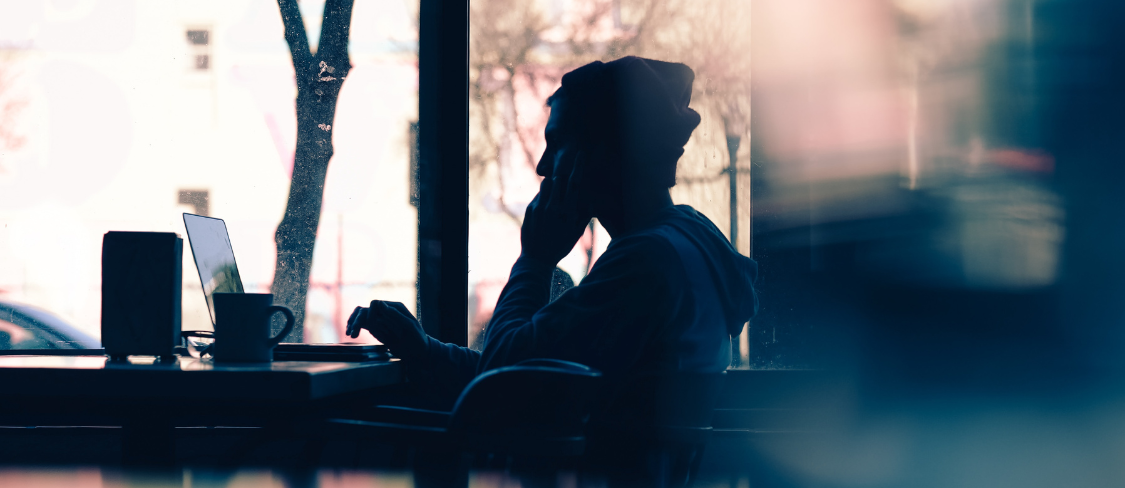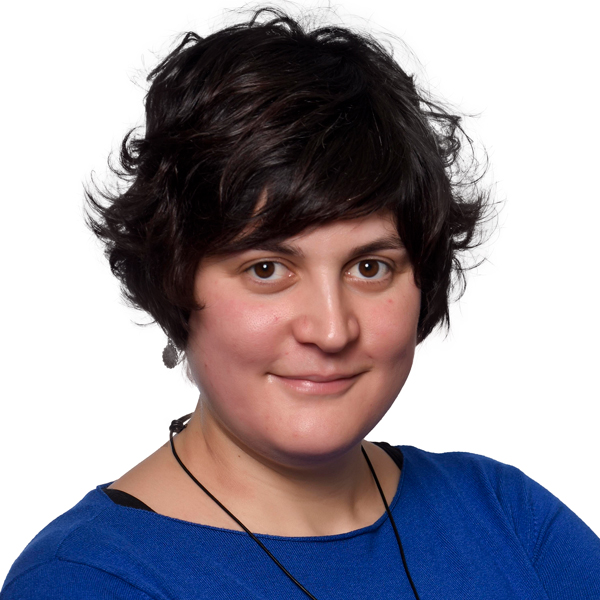Intellectual property: a guide for answering the most frequently asked questions
Subject: Multidisciplinary
How can you use other people's content in your work? What do you have to take into account when publishing a scientific article in a journal? Let us explain!
Respect for intellectual property is a responsibility that is shared with the entire university community.
What exactly does the © symbol mean? What do I need to look for to find out if I can use an image from a website? How can I use an excerpt from someone else's book in my work without it being plagiarism? The Library's page on Intellectual property has been updated to answer the questions about copyright that are most frequently asked by students or teaching and research staff.
The new version of the page includes updated and concise content adapted to the needs of the university community's various areas of work. You will also find a video to help you understand the mechanisms the UOC uses in order to use information ethically and to respect copyright.
What do you need to know?
There are exceptions to copyright for education, research, access to information and freedom of expression. As Raquel Xalabarder, professor of Intellectual Property and dean of the Faculty of Law and Political Science at the UOC explained, the right to cite allows you to include an excerpt from someone else's work or recording in your work, without the author's prior permission. However, she also pointed out that this must be in moderation, and the source and author must always be cited correctly to avoid plagiarism issues.
The Intellectual property page contains information about academic plagiarism, how to use other people's content by citing it correctly, and guidelines to help you disseminate your work publicly and safely.
Information for your research
There are a number of issues that tend to raise doubts among research staff. First, they need to know how they can disseminate their research without the permission of the editor of the journal in which they have published an article. Publishers very often propose an exclusive assignment of the exploitation rights to the work. Questions about protecting research results with a patent also tend to arise frequently: What are the advantages of doing so? Can an article be published regardless?
The section of the Intellectual property page for research staff covers issues related to publishing articles, patents and doctoral theses in open-access format.
Learning resources and copyright
The learning resources provide students with a wide range of content to help them with their classroom activities. These resources can be divided into two main groups: the resources produced in-house by the UOC, and those that are already on the market, to which the university obtains the rights in order to make them available to students.
The section of the Intellectual property page for teaching staff has information on how to request new or updated learning resources, use third-party resources, and verify the originality of their students' activities and final projects.
What does the UOC do to respect intellectual property?
"The entire university community is responsible for complying with the applicable legislation," said Adriana Antich, the UOC's compliance officer. The university has worked to use content lawfully and respect copyright since its foundation. This involves a combination of legal, training and awareness initiatives in the following areas:
- Teaching: these actions cover the learning resources available in the classroom, such as books, articles and software, as well as students' continuous assessment activities and final projects. A specialist team is responsible for implementing all the measures necessary to allow educational materials to be used in the classroom in compliance with the applicable legislation: they handle authorship contracts for new resources, negotiate with publishing and audiovisual companies, and deal with rights management organizations.
- Research: research staff are subject to issues involving intellectual property rights, such as the correct use of citations and bibliographic references. A team supports them at all stages in the research cycle, and provides them with information on copyright and industrial property, as well as mechanisms and tools to prevent plagiarism.
- Learning: students have to understand the basics of copyright and citation guidelines as part of the skills needed to study. They are provided with training materials on copyright and citation for this reason.
If you have any questions, contact The Library Replies help service.
Author
Elisabet Cervera
Operative subgroup: Librarian for Health, ICT skills Operative group: Library for LearningBárbara Badell
Operative subgroup: Librarian for Arts and Humanities, vocational training Operative group: Library for Learning



